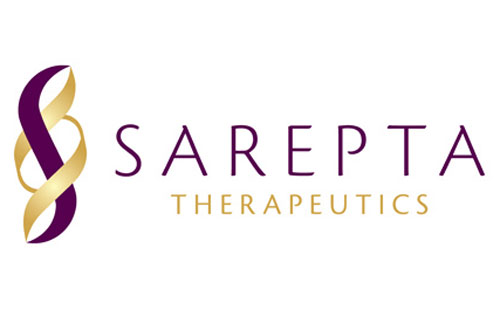
Sarepta Therapeutics has announced that an adverse event report concerning a study of a Duchenne muscular dystrophy (DMD) gene therapy was wrongly submitted to the FDA.
The report was submitted to the adverse event reporting system, a post-marketing surveillance database for approved therapies. According to Sarepta, the report was not submitted by any of its employees or the study’s principal investigator.
The adverse event report in question detailed a case of rhabdomyolysis in a participant in Sarepta’s SRP-9001-102 study. This study was a blinded, placebo-controlled trial investigating the use of a micro-dystrophin gene therapy candidate in people with DMD, a rare muscle-wasting disease that mostly affects boys and typically causes death by age 30.
The report showed that two weeks after receiving the therapy, the patient in question presented with symptoms of dark coloured urine and elevated creatine phosphokinase levels, which could be attributed to rhabdomyolysis. This is a serious condition which is a commonly understood risk associated with DMD and can lead to complications such as kidney failure.
The patient was hospitalised for observation but was otherwise found to be asymptomatic, and was discharged when test results came back as standard. Because the study was one-to-one blinded, Sarepta has said that any patient experiencing an adverse event could either be on active therapy or in the placebo arm of the trial.
Although Sarepta and its principal investigator do not know if the patient was receiving the therapy or not, the study drug safety monitoring board is unblinded to the event. They have reviewed the report and have recommended the study continue uninterrupted.
The event likely has Sarepta on the defensive as it has previously been involved in data controversy, with its initial approval by the FDA in 2016 faced with doubts regarding the efficacy of its data.
At that time, documents published by the FDA reviewers ahead of an advisory committee meeting had serious doubts about the efficacy of the gene therapy, with only three out of ten panellists voting the drug is effective in treating DMD.
Pfizer’s also recently faced safety and efficacy concerns for its trial DMD gene therapy, PF-06939926, with its phase 1b study showing that it caused a serious immune reaction in one child on the trial among additional side effects in other participants.
Sarepta has been the lead in the DMD market, with some studies of its approved gene therapy showing that it could dramatically impact the negative effects of the disease. However, shares in the company fell 7% following Sarepta’s statement, and previously had fallen as much as 19% after the FDA issued a notice that a patient in the study had become ill.




